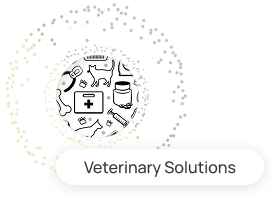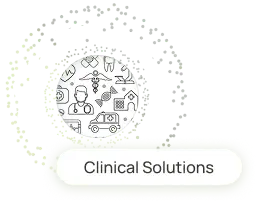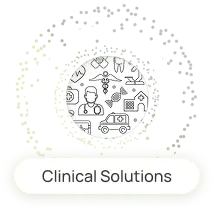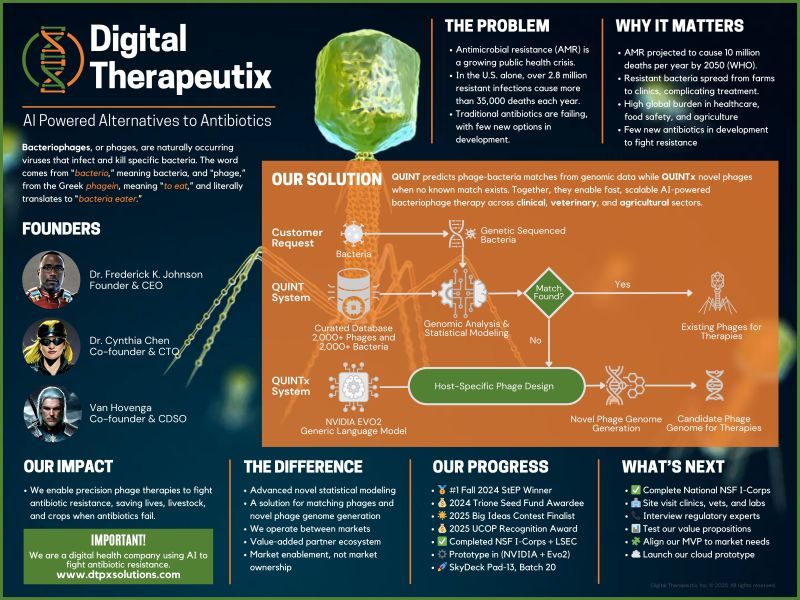Digital Therapeutix leverages the precision of bacteriophages and the intelligence of AI to deliver more innovative solutions for microbial threats.

Designed with input from practicing physicians and medical experts


Designed with input from practicing physicians and medical experts
Global deaths from AMR each year.
Common infections now resist primary antibiotics.
Estimated global economic cost by 2050 if AMR is unchecked.
Match Accuracy with Quint








